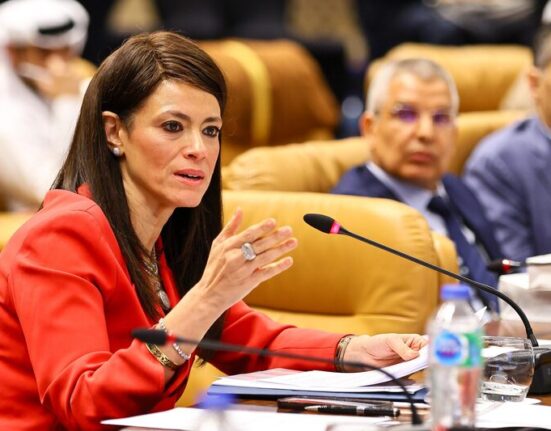Trade relations between Colombia and the United States have been a significant economic driver for both countries. However, recent diplomatic challenges have brought uncertainties to this crucial partnership. The rise of Chinese imports in Colombia has sparked concerns over the potential impact on US exports to the country.
The current situation reflects a delicate balance of political decisions and economic interests. Colombian President Gustavo Petro’s governance missteps have strained relations with the US, leading to apprehensions about the future of trade agreements. Despite these challenges, experts emphasize the importance of maintaining strong commercial ties for mutual benefit.
“Colombia’s market remains vital for US exporters, especially in the agricultural sector,”
says Geoff Ramsey, a senior fellow at the Atlantic Council’s Adrienne Arsht Latin America Center.
“The Trade Promotion Agreement (TPA) has opened doors for American products like yellow corn, benefiting both economies.”
The success story of yellow corn exports highlights the positive outcomes of bilateral trade agreements. Before the TPA, Colombia sourced corn from various countries at higher prices. With US producers offering better quality at competitive prices, Colombian industries flourished while providing affordable protein sources for consumers.
Enrique Millán-Mejía, Senior Fellow in Economic Development at the Adrienne Arsht Latin America Center, points out that
“US agricultural exports play a pivotal role in sustaining Colombia’s food production industry.”
A disruption in trade relations could adversely affect sectors such as soybeans, wheat, rice, and livestock products—impacting both countries’ economies.
As tensions linger between governments, stakeholders stress the significance of private sector engagement in easing diplomatic strains. Maintaining stability through collaborative efforts is crucial to safeguarding economic interests on both sides. Experts urge policymakers to prioritize dialogue and cooperation to prevent potential trade conflicts.
“While political discourse may fluctuate, sustaining robust trade ties is essential for long-term prosperity,”
notes Ramsey.
“Both nations stand to gain significantly from continued collaboration and adherence to trade agreements.”
In conclusion, navigating through diplomatic challenges requires a strategic approach that balances political nuances with economic imperatives. By upholding dialogue and fostering cooperation at multiple levels—governmental and private—the United States and Colombia can preserve their valuable trade relationship amidst evolving global dynamics.









Leave feedback about this